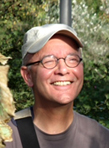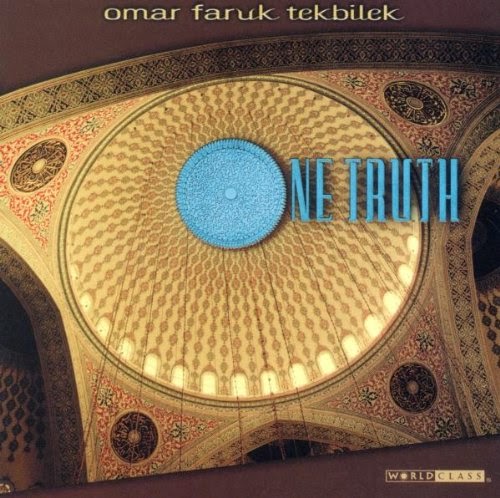Het was tijdens een Tao-zen sessie dat Maarten Houtman, met zijn blik gericht op een van de deelnemers, tegen me zei: “Kijk eens hoe schoon hij is…”
Ik zag onmiddellijk wat hij bedoelde – meestal werkte het bij hem zo, dat hij je waarneming of je inzicht een klein zetje gaf om iets tot je door te laten dringen.
Ik was gelijk stervensjaloers op die persoon – wat misschien getuigde van een diepe innerlijke behoefte. Ik vroeg me af ‘Hoe krijgt hij dat voor elkaar, om er zo fris en schoongewassen uit zien, als een pasgeborene? Zou dat eraan liggen dat hij aan lange afstandssport doet, dat al de blur is verdwenen? Anderzijds, och, dit gaat toch maar over het lichaam…?’
Het is nu twintig jaar later en ik bedenk dat mijn shaken misschien wel uit die diep gevoelde behoefte is voortgekomen. De oefening is in elk geval heel geschikt om je hoofd enigszins te ventileren van de eeuwige mist en warreling van emoties.
Misschien komt dat wel omdat shaken zo’n eenvoudige oefening is. Er zit niks gerichts in, niks bedachts, niks gecultiveerds. Je leeft je gewoon uit, dansend op je voeten. En vaak geniet je van het bewegen, van de muziek, van je lijf, en voelt de druk eraf gaan.
En heel soms, als een genade, ben je plotseling helemaal schoon. En je verbaast je er over hoe wij altijd maar rondlopen met al die onverwerkte emoties, wrok en trauma’s, soms van jaren geleden – die wij dagelijks voeden, of op z’n minst onderhouden, door overal een bevestiging van ons gelijk in te zien.
En terwijl ik dit schrijf, merk ik dat zelfs een reflectie op zo’n gevoel van bevrijding, je weer belast met woorden, gedachten, ideeën…
Ik ga nu naar buiten om, shakend op m’n balkon, nog even na te genieten van wat is.
De shuffle all functie van m’n iPod beloonde me met Hawa van The Touré-Raichel Collective:



